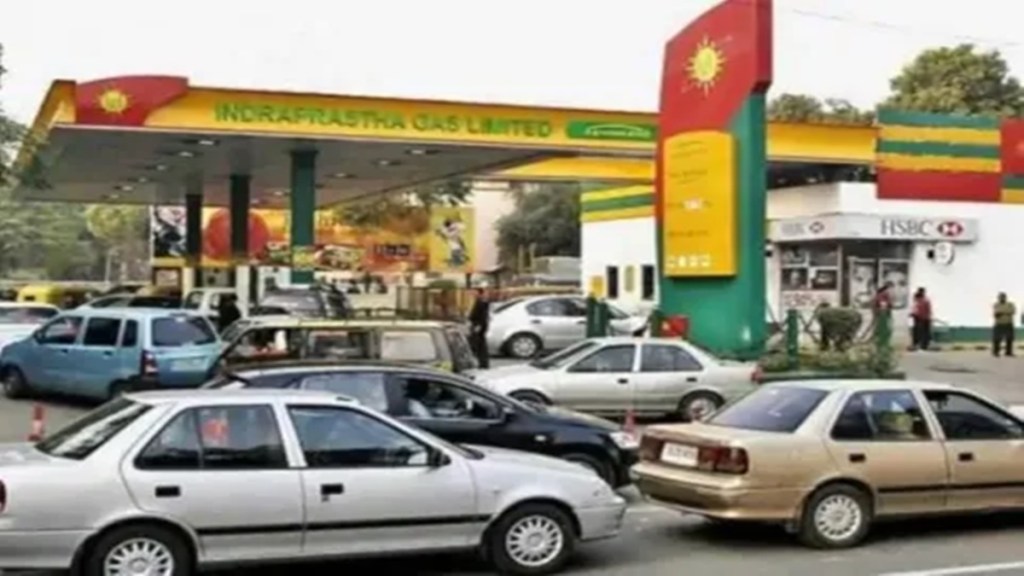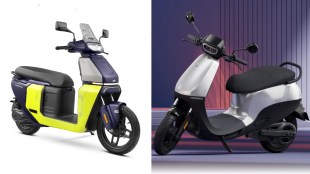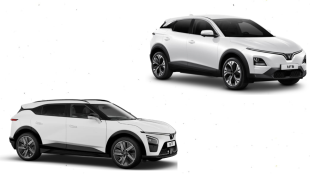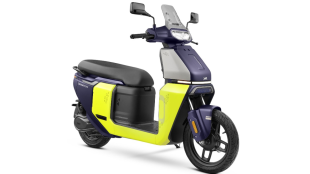The auto industry is shifting gears as CNG car sales in FY25 surpassed those of diesel for the first time. According to Vahan data, 787,724 CNG cars were sold in FY25, compared to 736,508 of diesel. This is prompting nearly all major carmakers to enter the CNG space.
CNG car sales rose by 35% year-on-year in FY25, outpacing diesel (5%), EVs and hybrids (15%), and petrol, which saw a 7% decline. This surge has led four carmakers to launch CNG models in just the past four months. Honda introduced CNG variants of the Amaze and Elevate, Renault added CNG options for the Kwid, Kiger, and Triber, Citroen launched the C3 CNG, and Nissan rolled out the Magnite CNG.
Industry executives said that Tata Motors will soon launch a CNG version of its upcoming Curvv SUV, while Kia is set to introduce a CNG variant of Carens by the end of the year. Kia’s senior VP of sales and marketing Hardeep Singh Brar confirmed that while Kia is evaluating CNG technology for Carens for performance and efficiency, it does not plan to expand CNG options to other models.
With these additions, most manufacturers, including Maruti Suzuki, Hyundai, Tata, Toyota, Honda, Kia, Nissan, Renault, and Stellantis, will have CNG models. However, three companies are expected to stay out of the CNG race—Volkswagen Group, JSW MG, and Mahindra.
Analysts said that brand identity and product strategy are key reasons why these three are opting out. Gaurav Vangaal of S&P Global Mobility said these brands are prioritising EVs and hybrids, aligning with their focus on performance, technology, and long-term positioning. For them, CNG doesn’t align with their target market or future mobility goals.
Still, for the mass market, CNG is emerging as a practical alternative. The fuel’s growing popularity stems from rising petrol and diesel prices, the relatively low running costs of CNG (Rs 3-4/km), and a rapidly expanding refuelling infrastructure. The government aims to increase CNG filling stations from 7,500 in 2024 to over 18,000 by 2032.
Maruti Suzuki’s extensive CNG lineup and Tata Motors’ twin-cylinder technology have played a significant role in the recent growth. While Maruti offers factory-fitted CNG options across nearly all its models, Tata’s innovation, placing two 30-litre CNG cylinders under the boot floor instead of one large tank, preserves luggage space, resolving a major drawback of traditional CNG cars.
The stable pricing of CNG in recent years has also helped. After a sharp price rise between 2021 and 2023, CNG costs have remained steady around Rs 75-76/kg, making it a more predictable and appealing choice for consumers.
Lastly, the conversion of petrol engines to CNG is cost-effective for automakers, as minimal re-engineering is needed. This low barrier to entry, combined with strong demand, is why the industry is fast embracing CNG, except for a few brands focused on electric futures.



















